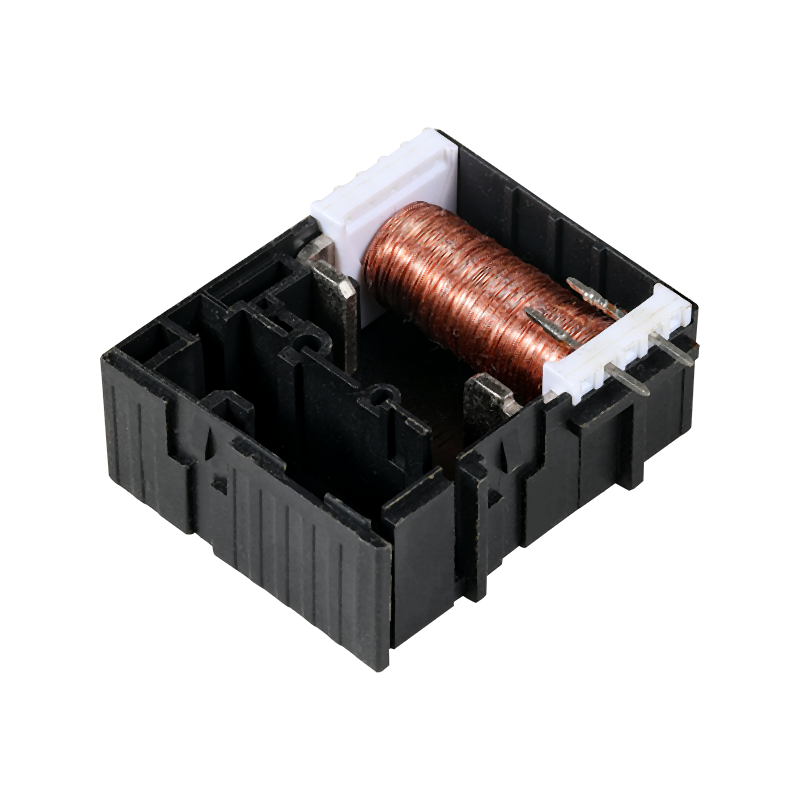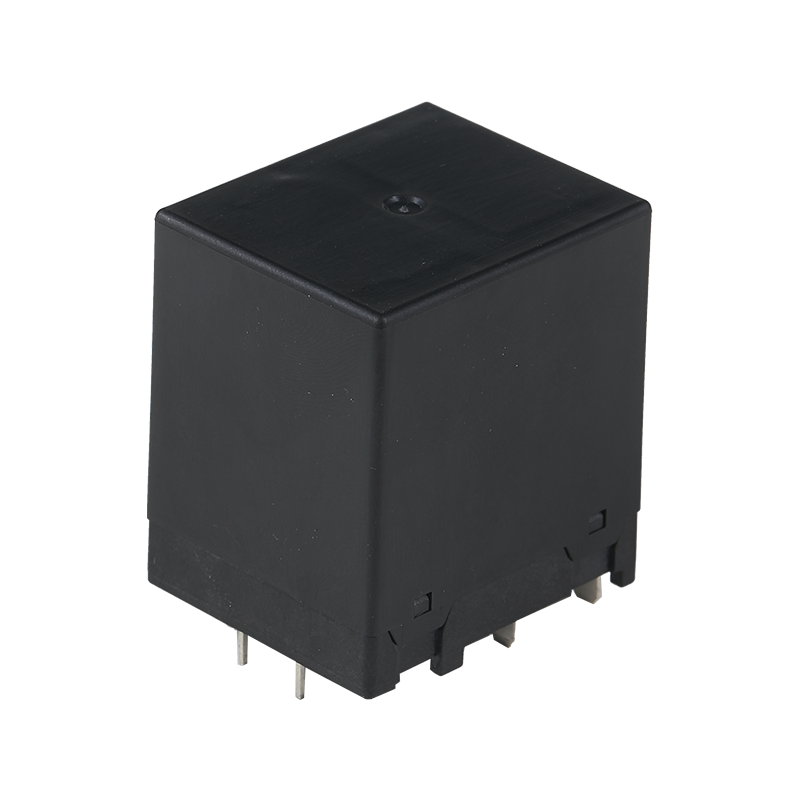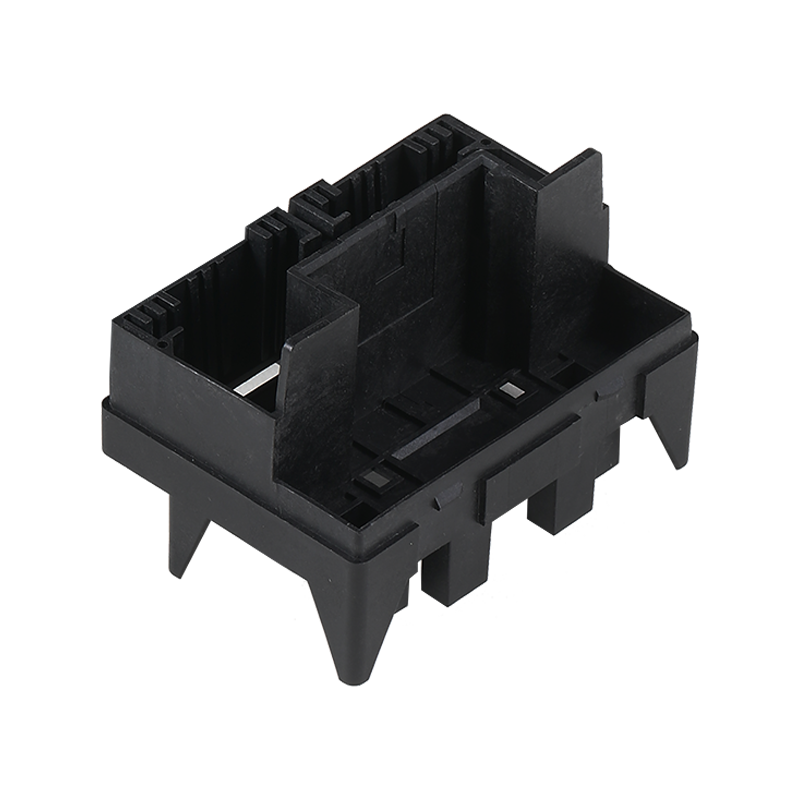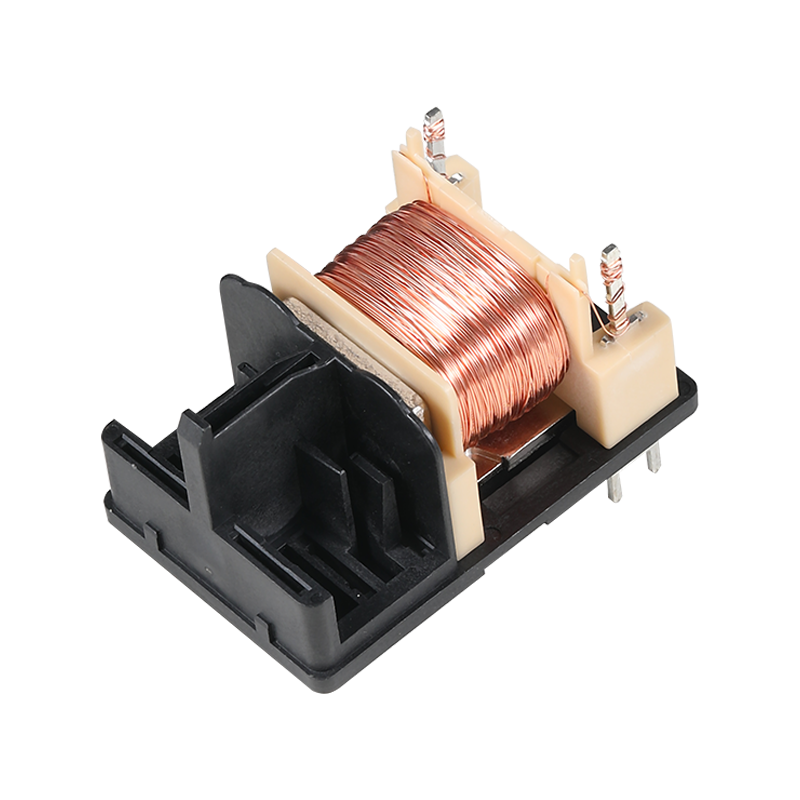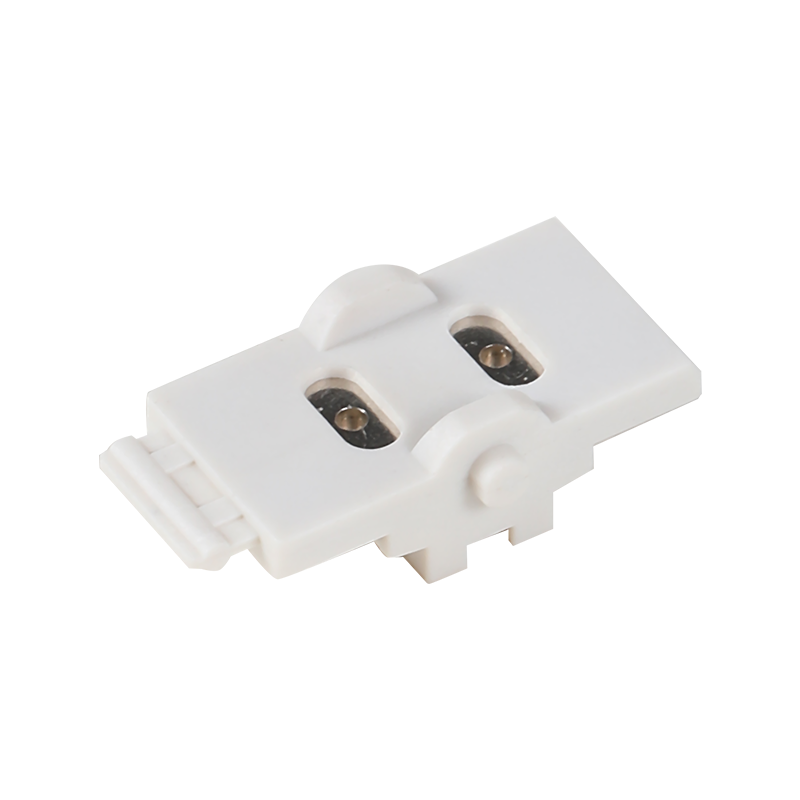
In an era where environmental sustainability is a pressing global concern, the manufacturing industry is increasingly turning its attention towards sustainable practices. Among these, sustainable injection molding has emerged as a promising solution, offering a way to produce high - quality products while small the environmental impact. This innovative approach is not only beneficial for the planet but also presents significant opportunities for businesses to enhance their sustainability credentials and meet the growing demand for eco - friendly products.
Sustainable injection molding is a process that integrates environmentally friendly practices into the traditional injection molding technique. It focuses on reducing waste, conserving energy, and using sustainable materials without compromising on product quality. This approach is gaining traction as manufacturers recognize the potential to create a more sustainable supply chain and reduce their carbon footprint.
One of the key aspects of sustainable injection molding is the use of eco - friendly materials. Many manufacturers are now opting for bio - based plastics, recycled materials, and other sustainable alternatives to traditional petroleum - based plastics. These materials not only reduce the reliance on fossil fuels but also have a lower environmental impact during their production and disposal. For example, bio - based plastics derived from renewable resources such as corn starch or sugarcane can be composted at the end of their life cycle, reducing waste and contributing to a circular economy.
Energy efficiency is another crucial component of sustainable injection molding. Modern injection molding machines are designed to be more energy - efficient, consuming less electricity during operation. Additionally, the use of advanced technologies such as electric - hybrid machines and optimized process parameters can further reduce energy consumption. By implementing these energy - saving measures, manufacturers can significantly lower their carbon emissions and operating costs.
Waste reduction is also a major focus in sustainable injection molding. Traditional injection molding processes often generate a significant amount of waste in the form of sprues, runners, and defective parts. Sustainable injection molding aims to less this waste through the use of advanced mold designs, optimized process parameters, and recycling initiatives. For instance, some manufacturers are adopting hot - runner systems that eliminate the need for runners, thereby reducing material waste. Additionally, recycling programs for scrap materials can help to further reduce waste and promote a more sustainable production process.
The adoption of sustainable injection molding practices also has a positive impact on product quality. By using high - quality sustainable materials and optimizing the molding process, manufacturers can produce products that are not only eco - friendly but also durable and reliable. This ensures that the products have a longer life cycle, reducing the need for frequent replacements and further contributing to sustainability.
Sustainable injection molding is a forward - thinking approach that holds great promise for the manufacturing industry. By integrating eco - friendly materials, energy - efficient processes, and waste - reduction strategies, manufacturers can produce high - quality products while small their environmental impact. As the world continues to strive for a more sustainable future, sustainable injection molding is likely to play a crucial role in transforming the manufacturing landscape. It offers a practical and effective solution for businesses to meet their sustainability goals while maintaining competitiveness in the market.

 English
English 中文简体
中文简体 русский
русский
